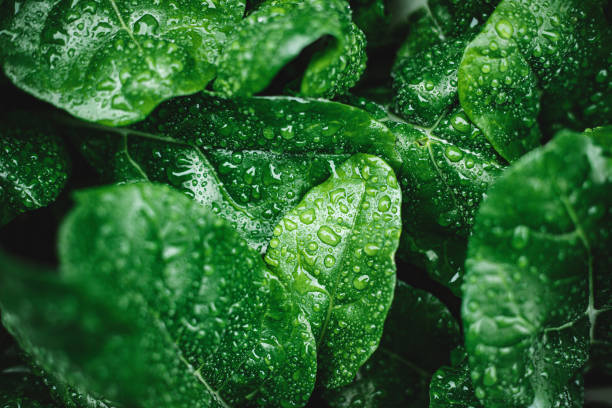can you drink rainwater? well, there is nothing naturally unsafe or wrong about drinking rainwater, as long as it is clean.
can you drink rainwater?
In fact, many communities around the world rely on rainwater as their main source of drinking water.
That means not all rainwater is safe to drink.
Several physical and environmental factors can quickly transform fresh rainwater into a health hazard. It can contain parasites, harmful bacteria, and viruses and has historically been linked to outbreaks (2Trusted Source).
Rainwater that falls in highly polluted areas or comes in contact with contaminants, such as animal feces or heavy metals, may not be suitable for human use (2Trusted Source).
Therefore, it is not recommended to start collecting and drinking rainwater unless you are 100% sure that it is clean and safe for human consumption.
You may have asked this question yourself many times, and you would never be alone to do so. The answer to this ancient question is: yes, it is absolutely safe to drink rainwater, depending on a few factors. But we will get to those considered in a minute.
Rainwater is the purest form of water available. Compared to your public water supply, there is very little mineral content. 'sources [e.g. lakes, rivers and streams]. These days they get more rainwater in times of heavy rainfall.) Rainwater is also considered to have lower levels of pollution, mold, pollen, and other pollutants compared to our public water supply. Keep in mind, however, that rain can also carry a certain amount of germs and dust and even parts of certain insects, so it is important to filter the rainwater before you try to drink it.
So what thoughts should you keep in mind when drinking rainwater? Although it is very safe, you should stop drinking it if it falls near any radioactive sites, such as Chernobyl or Fukushima. Rainwater also falls on chemical and industrial plants. Also, do not drink rain that has run out of buildings or plants as you may pick up toxic chemicals and contaminated particles in these areas. Finally, common sense will tell you not to collect any rain that falls directly on the ground and collected in dams. The best and safest way to collect rainwater is to use the last containers specially designed by a reputable company that manufactures steel rainwater tanks for direct rainwater harvesting. If you live in an urban area you should filter your rainwater if you are going to drink or cook with it. This way, you will not pick up any kind of dirt and you can collect a large amount of rain in its purest form. It is important to allow rainwater to remain in place for some time before using it so that any heavy particles and impurities can sink to the bottom first.
After collecting rainwater, then you should continue to make it completely safe from drinking. There are two ways to do this: boiling and straining. By boiling, you can kill any germs; while filtering only removes chemicals, pollen, dust, mold, and other particles.
There are many benefits to drinking rainwater, some of the following:
It contains alkaline pH, which has anti-toxic effects and promotes healthy digestion. Toxins and free radicals that we ingest and absorb daily make our blood more acidic. Rainwater, with its alkaline pH, helps lower our blood pH, thus helping our body to function more efficiently.
It has low mineral content. Public drinking water in many parts of the world is often supplemented with fluoride and chlorine for the purpose of disinfection. However, sometimes too many minerals are added to the supply, and this can cause a variety of health problems such as head, stomach, and damaged limbs. With rainwater, you will not have this kind of problem.
It promotes healthy skin and hair. Since the rain is mineral-free, this makes it as soft as natural water. This is good for the hair and skin, as its gentle quality and alkaline pH help maintain the skin's natural moisture and promote healthy hair growth.
If you have not yet started collecting rainwater from your home, this is a good time to start doing so. Not only will you make your life better but you will also be doing your share of conservation.










No comments:
Post a Comment